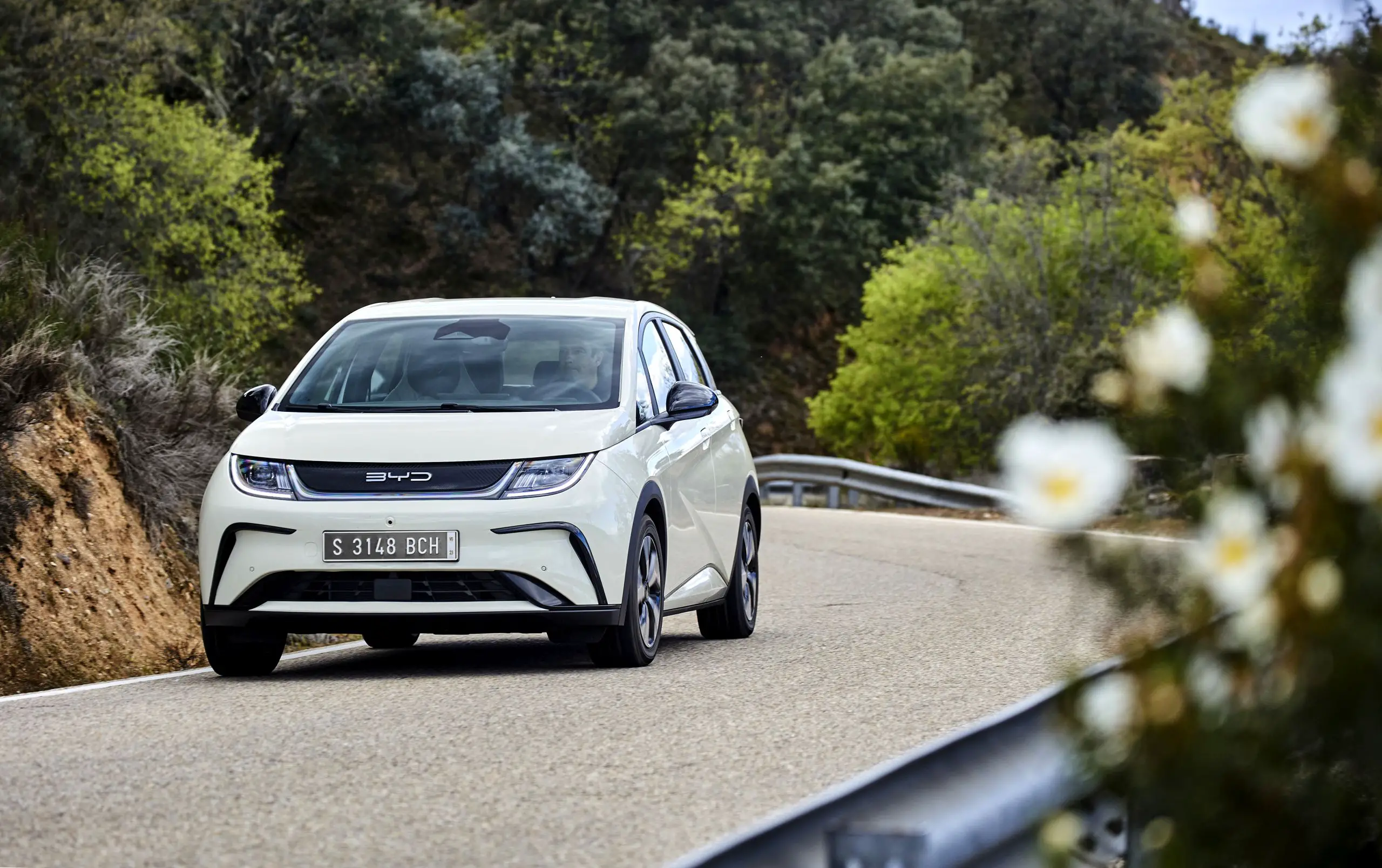Electric car with lithium ion or lithium iron phosphate battery: the pros and cons
Lithium-ion battery
Let’s start with the lithium-ion battery (Li-ion), currently the most widely used in an electric car. This species has a high energy density, meaning they can store a lot of energy relative to their weight and size. This makes it possible to produce cars with a relatively long range without making the battery too heavy or large for use in a passenger car. In addition, Li-ion batteries can be recharged relatively quickly, especially at a fast-charging station, which is, of course, what EV drivers want.
Li-ion batteries also have some drawbacks. If they are charged at too high a rate, overcharged or damaged, they can overheat and even catch fire. Although they can withstand thousands of charge cycles, a Li-ion battery’s capacity will also slowly deplete. That means that with a fully charged battery you can drive less and less far over time.
Furthermore, the production costs of these batteries are still relatively high, mainly because of the cost of raw materials. Partly because of this, you pay substantially more for an electric car with a lithium-ion battery than for the same car with an internal combustion engine.
Lithium iron phosphate battery
Lithium iron phosphate batteries, also known as LFP batteries, are strongly I emerging. These have a number of advantages over traditional lithium-ion batteries. For example, LFP batteries are safer because they can withstand overcharging and extreme temperatures without igniting or exploding. In addition, they have a longer lifespan than Li-ion batteries. They can withstand more charge and discharge cycles with hardly any loss of capacity.
LFP batteries also have better thermal stability and are less sensitive to temperature fluctuations. This means that they are better suited for use in hot and cold climates and the driving range in extreme temperatures still meets customer expectations, whereas a Li-ion battery can hold significantly less power (read: much smaller driving range) when it is freezing, for example.
Furthermore, LFP batteries are free of cobalt, a material that raises ethical and environmental issues in the mining industry. This makes them more environmentally friendly and sustainable. Looking at costs, it appears that raw materials for LFP batteries are generally cheaper and more abundant.
However, there are drawbacks to LFP batteries. They have a lower energy density than Li-ion batteries, meaning they can be larger and heavier for the same amount of energy. They also generally cannot be recharged as quickly as Li-ion batteries and generally have a lower rated voltage, which can lead to less efficiency in some applications.

